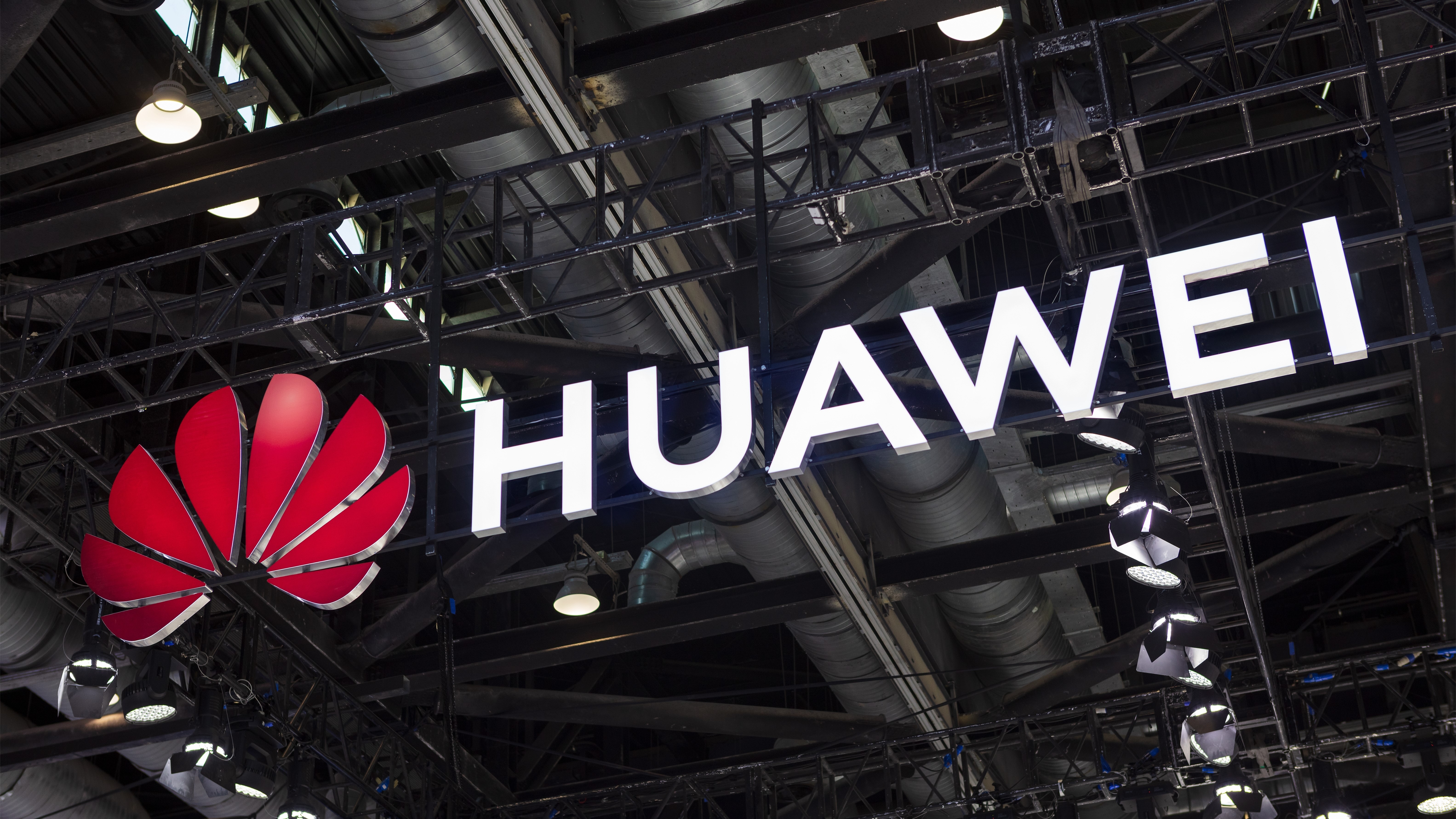
As a high-tech giant whose capabilities span from 'almost' fundamental research to end-user consumer products, Huawei has been targeted by the U.S. government's sanctions for quite a while amid suspicions of ties with the Chinese military. However, according to data from the Chinese Business Network (CBN), the company has adapted to sanctions as its consumer business revived in the first half of the year.
Before we dive into details, which are hard to do without knowledge of what we do know so far, we should know that what we do know is based on third-party reports.
Huawei's revenue for the first half of 2024 reached CNY 417.5 billion, representing a 34.3% increase compared to last year. The company also achieved a net profit of CNY 55.1 billion, an 18.2% year-on-year rise, marking the best performance in its history for this period. These record figures show that after the U.S. started to impose sanctions against Huawei in mid-2020, its business took a significant hit, so, before 2024, the company's record financial results were achieved in the first half of 2020.
Huawei's revenue for the first half of the year exceeded the CNY 401.3 billion reported in the first half of 2019 and is second only to the CNY 454 billion posted in the first half of 2020.
Furthermore, this is the first time that Huawei's net profit for the first half of the year has exceeded CNY 50 billion (up from CNY 46.6 billion last year), with the profit margin reaching 13.2%.
Huawei comprises five segments: ICT Infrastructure, Consumer Business, Cloud Computing, Digital Power, and Intelligent Automotive Solutions. While Huawei does not disclose specific revenue details for each segment, last year's report indicated that consumer business remains the primary revenue driver, yet Huawei Cloud shows the fastest growth.
The first thing that comes to mind about Huawei's consumer products is the latest premium Mate and P-series smartphones, which are based on SMIC's Kirin 9000-series application processors made on its 2nd generation process technology, as well as Ascend 900-series processors for AI. That technology is largely considered a loss for SMIC, but it looks like Huawei has negotiated a deal under which its contractor absorbs the costs.







